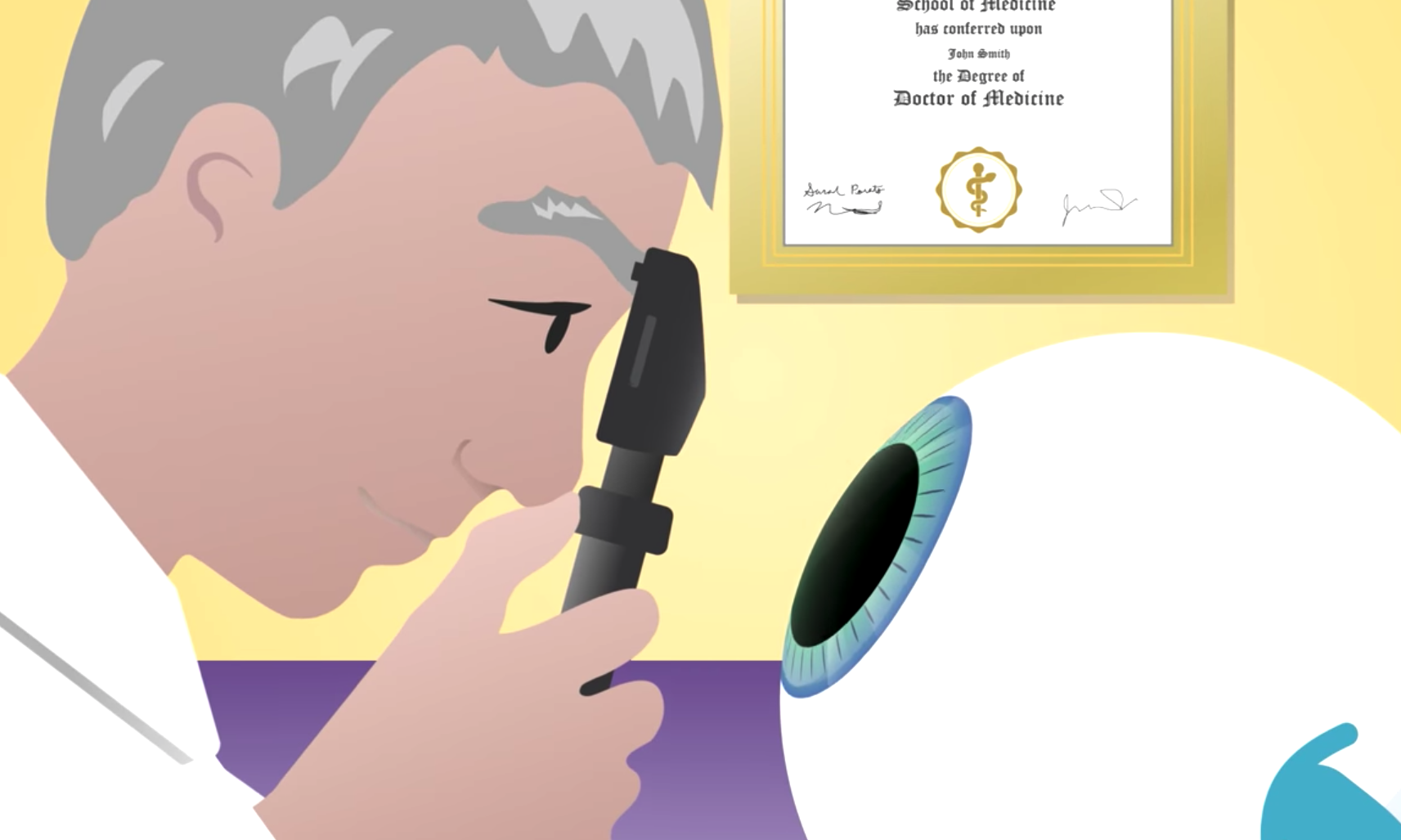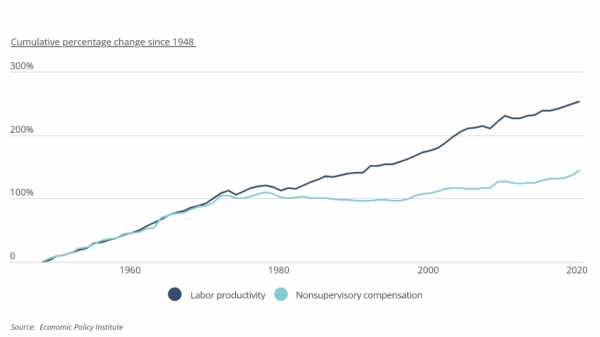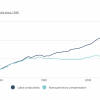People with diabetes are at increased risk of developing serious eye diseases, yet most do not have sight-saving, annual eye exams, according to a large study conducted by the Wills Eye Hospital in collaboration with the Centers for Disease Control and Prevention.
The Alabama Academy of Ophthalmology and the American Academy of Ophthalmology are promoting an animated public service announcement highlighting the importance of regular eye exams in light of November being observed as Diabetic Eye Disease Awareness Month.
Researchers at Wills Eye Hospital in Philadelphia have found that more than half of patients with the disease skip annual eye exams. They also discovered that patients who smoke — and those with less severe diabetes and no eye problems — were most likely to neglect these checks.
The researchers reviewed the charts of close to 2,000 patients age 40 or older with Type 1 and Type 2 diabetes to see how many had regular eye exams. Their findings over a four-year period revealed:
- 58 percent of patients did not have regular follow-up eye exams
- Smokers were 20 percent less likely to have exams
- Those with less-severe disease and no eye problems were least likely to follow recommendations
- Those who had diabetic retinopathy were 30 percent more likely to have follow-up exams
“Vision loss is tragic, especially when it is preventable,” said Dr. Ann P. Murchison, lead author of the study and director of the eye emergency department at Wills. “That’s why we want to raise awareness and ensure people with diabetes understand the importance of regular eye exams.”
One in 10 Americans suffer from diabetes, putting them at heightened risk for visual impairment due to the eye disease diabetic retinopathy. The disease also can lead to other blinding ocular complications if not treated in time.
Fortunately, having a dilated eye exam yearly or more often can prevent 95 percent of diabetes-related vision loss.
Eye exams are critical as they can reveal hidden signs of disease, enabling timely treatment.
This is why the American Academy of Ophthalmology and the Alabama Academy of Ophthalmology recommend people with diabetes have eye exams annually or more often as recommended by their ophthalmologist, a physician who specializes in comprehensive medical and surgical eye care.
“Screening is crucial for people with diabetes because their retinal vessels can become severely damaged even if their vision is not affected,” said Dr. Andrew Hsia, an ophthalmologist and founder of Alabama Retina in Montgomery and Auburn. “This is because oftentimes, the vision is not affected until very late in the disease process. Those with diabetic eye disease should be referred to an ophthalmologist or retina specialist. Treatments including anti-VEGF injections and laser can sometimes significantly improve vision.”
Hsia said not all patients understand how diabetes impacts the eye and resulting vision loss.
“Unfortunately, some patients present to us with such advanced disease that little can be done to regain vision,” Hsia said.























































